| Author: | Unknown | ISBN: | 1230000036249 |
| Publisher: | Zhingoora Books | Publication: | December 3, 2012 |
| Imprint: | Language: | English |
| Author: | Unknown |
| ISBN: | 1230000036249 |
| Publisher: | Zhingoora Books |
| Publication: | December 3, 2012 |
| Imprint: | |
| Language: | English |
Christmas Summary Classics
This series contains summary of Classic books such as Emma, Arne, Arabian Nights, Pride and prejudice, Tower of London, Wealth of Nations etc. Each book is specially crafted after reading complete book in less than 30 pages. One who wants to get joy of book reading especially in very less time can go for it.
THE TALMUD
The word "Talmud," from the Hebrew verb lamad, equalling "to learn," denotes literally "what-is-learning." Then it comes to mean "instruction," "teaching," "doctrine." What is usually called the Talmud consists of two parts: 1. The Mishnah (literally, "tradition" and then "traditional doctrine") a code of Jewish laws, civil, criminal, religious, and so forth; based ostensibly on the Pentateuch, expounding, applying, and developing the laws contained in the so-called five books of Moses. 2. The Gemara, a word which means literally "completion," or "supplement," i.e., in reference to the Mishnah. Some, however, explain the word as meaning "teaching." The word is used technically to denote the expansion, exposition, and illustration of the Mishnah which is found in the Talmud. Strictly speaking, the word "Talmud" denotes the Gemara only, but in its ordinary sense the word denotes the Mishnah together with its completion in the Gemara. In the Talmud itself, as usually printed, the section of the Mishnah to be commented on and illustrated is followed by the Gemara in which the opinions of the great Rabbi are stated and discussed.
Christmas Summary Classics
This series contains summary of Classic books such as Emma, Arne, Arabian Nights, Pride and prejudice, Tower of London, Wealth of Nations etc. Each book is specially crafted after reading complete book in less than 30 pages. One who wants to get joy of book reading especially in very less time can go for it.
THE TALMUD
The word "Talmud," from the Hebrew verb lamad, equalling "to learn," denotes literally "what-is-learning." Then it comes to mean "instruction," "teaching," "doctrine." What is usually called the Talmud consists of two parts: 1. The Mishnah (literally, "tradition" and then "traditional doctrine") a code of Jewish laws, civil, criminal, religious, and so forth; based ostensibly on the Pentateuch, expounding, applying, and developing the laws contained in the so-called five books of Moses. 2. The Gemara, a word which means literally "completion," or "supplement," i.e., in reference to the Mishnah. Some, however, explain the word as meaning "teaching." The word is used technically to denote the expansion, exposition, and illustration of the Mishnah which is found in the Talmud. Strictly speaking, the word "Talmud" denotes the Gemara only, but in its ordinary sense the word denotes the Mishnah together with its completion in the Gemara. In the Talmud itself, as usually printed, the section of the Mishnah to be commented on and illustrated is followed by the Gemara in which the opinions of the great Rabbi are stated and discussed.
![Cover of the book The Talmud [Christmas Summary Classics] by Unknown, Zhingoora Books](https://www.kuoky.com/images/2012/december/500x500/1230000036249-Fyhn_500x.jpg)

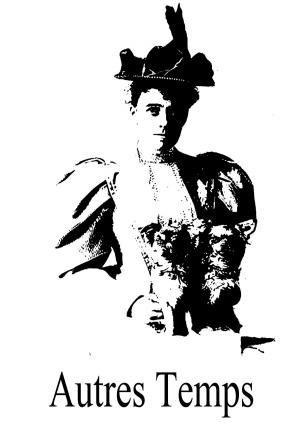

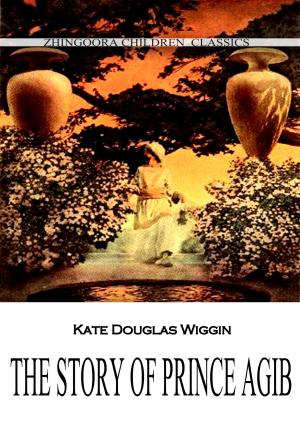
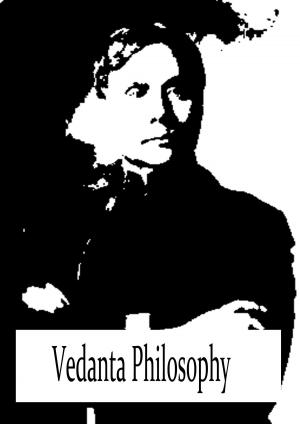
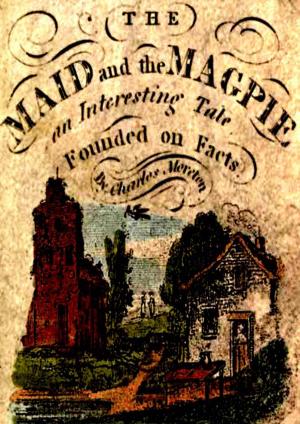
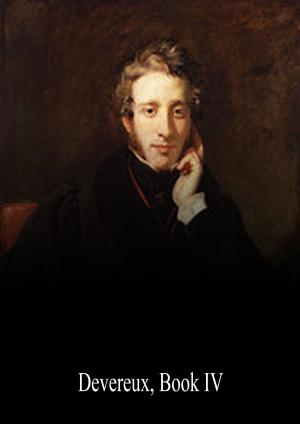

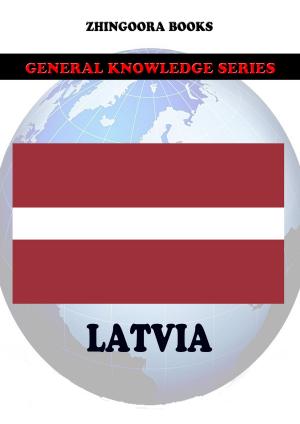
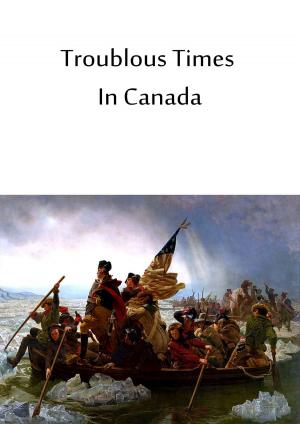
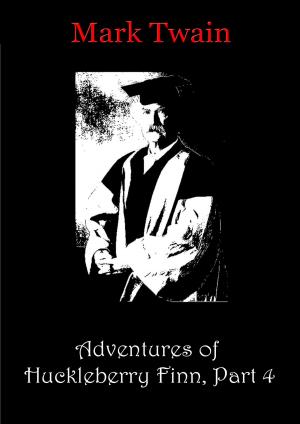

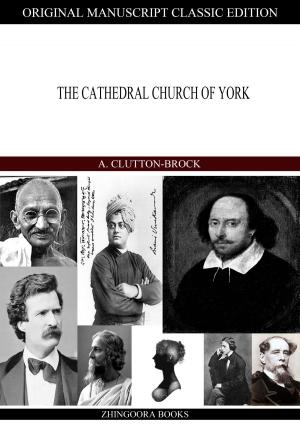
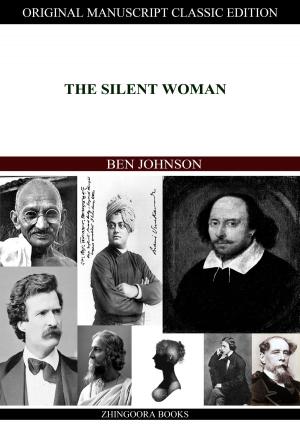
![Cover of the book A Daughter Of Heth [Christmas Summary Classics] by Unknown](https://www.kuoky.com/images/2012/november/300x300/1230000032265-hU3d_300x.jpg)